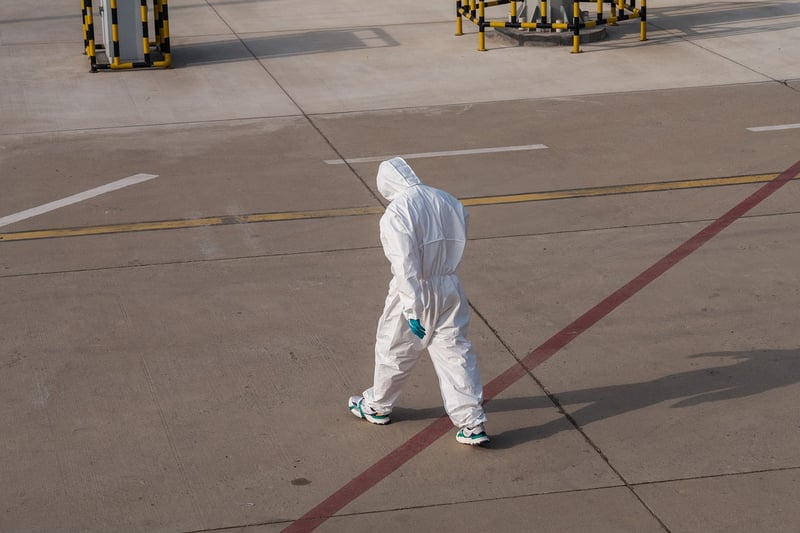Safety Protocols
Expert Assistance and Precautions + Safety Protocols
Introduction
Welcome to our comprehensive guide on expert assistance, precautions, and safety protocols to help you stay informed and protected in various situations. Whether you're at home, work, or outdoors, understanding these essential measures can make a significant difference in keeping you and those around you safe.
Expert Assistance
Seeking expert assistance is crucial in many scenarios. Whether dealing with medical emergencies, technical issues, or legal matters, consulting professionals can provide the necessary guidance and support. Always have emergency contact numbers readily available and know when to reach out to the appropriate experts for assistance.
Medical Emergencies
In case of a medical emergency, dial emergency services immediately. If you are trained in first aid, provide assistance until medical help arrives. It's essential to stay calm and follow the instructions given by healthcare professionals.
Technical Issues
When facing technical difficulties at home or work, contacting IT support or technical experts can help resolve the issue efficiently. Avoid attempting complex fixes if you are not trained to do so, as this may cause further problems.
Legal Matters
For legal advice and assistance, consult with lawyers or legal experts. They can provide guidance on various legal issues, ensuring that you are informed about your rights and obligations in different situations.
Precautions
Precautions play a vital role in preventing accidents and mitigating risks. By following simple yet effective precautions, you can create a safer environment for yourself and others. Here are some general precautions to consider:
- Avoid distractions while driving or operating machinery.
- Use protective gear such as helmets, goggles, and gloves when necessary.
- Keep emergency supplies at home, including first aid kits and emergency contact information.
- Secure your home with proper locks and alarms to prevent break-ins.
Safety Protocols
Safety protocols are established procedures designed to ensure the well-being of individuals in various settings. These protocols are crucial in workplaces, public spaces, and recreational areas to minimize risks and respond effectively to emergencies. Some common safety protocols include:
- Fire safety procedures, including evacuation plans and fire drill practices.
- Health and hygiene protocols to prevent the spread of illnesses and maintain cleanliness.
- Security protocols to safeguard against unauthorized access and potential threats.
- Emergency response protocols for natural disasters, accidents, or medical emergencies.
Conclusion
By understanding the importance of expert assistance, taking necessary precautions, and following safety protocols, you can significantly enhance your safety and well-being in various situations. Stay informed, stay prepared, and prioritize safety at all times.


